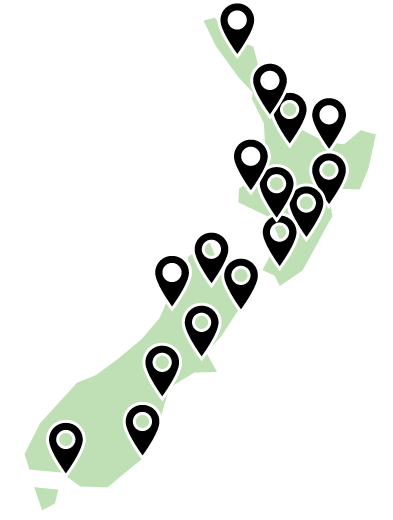This early insight has come from a broader research programme, commissioned by Greenpeace Aotearoa to investigate how people living in Aotearoa New Zealand conceptualise and understand nature and being connected to nature.
The study has used a qualitative approach, involving a series of focus groups conducted across the motu.
The study, which is on-going, is not investigating environmental concerns or solutions, which is why this theme coming through the data so strongly and consistently in the early analysis has been a surprise to the research team.





